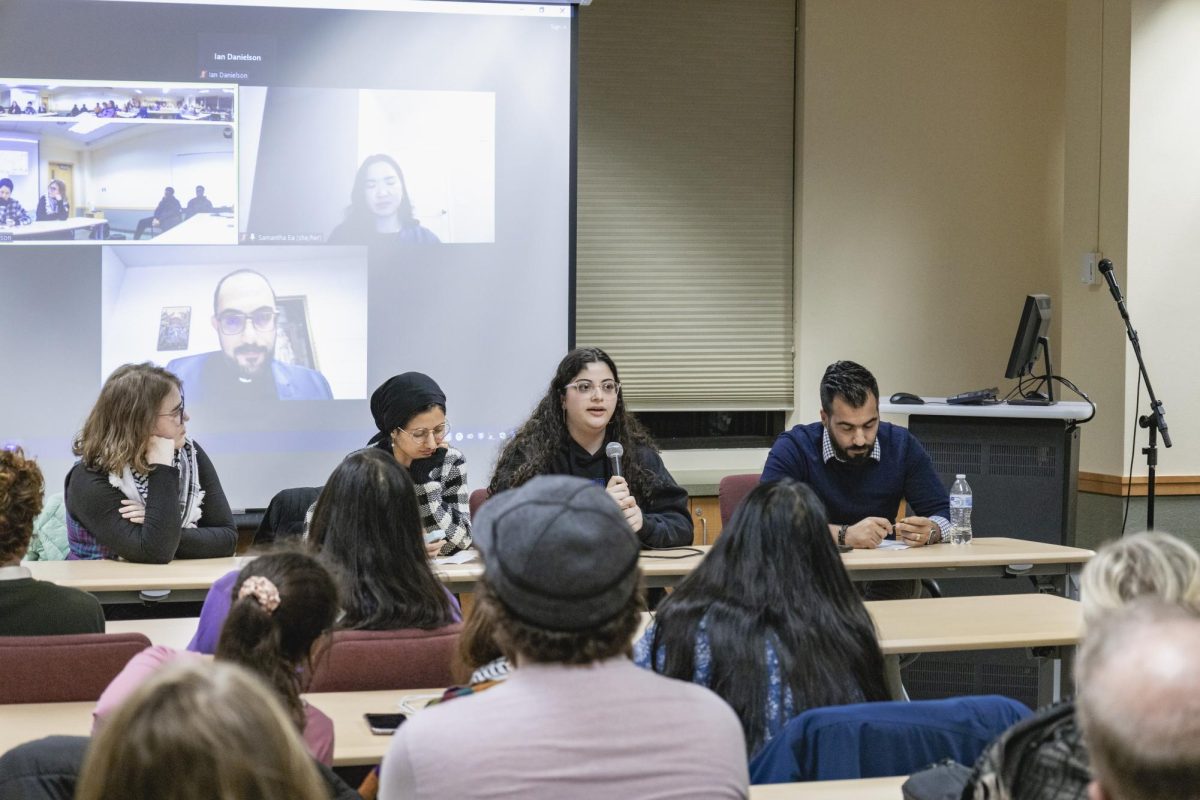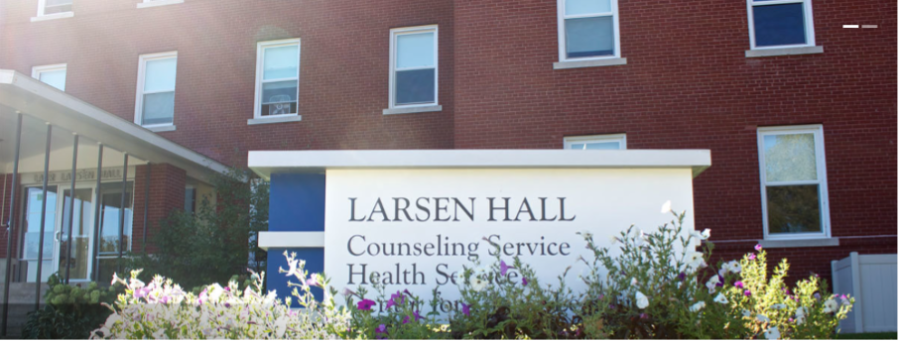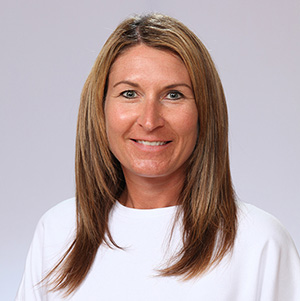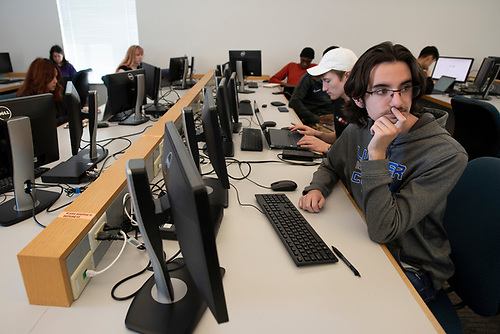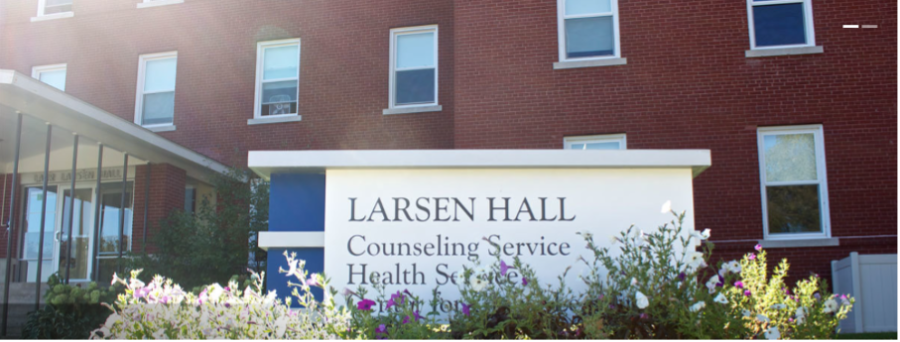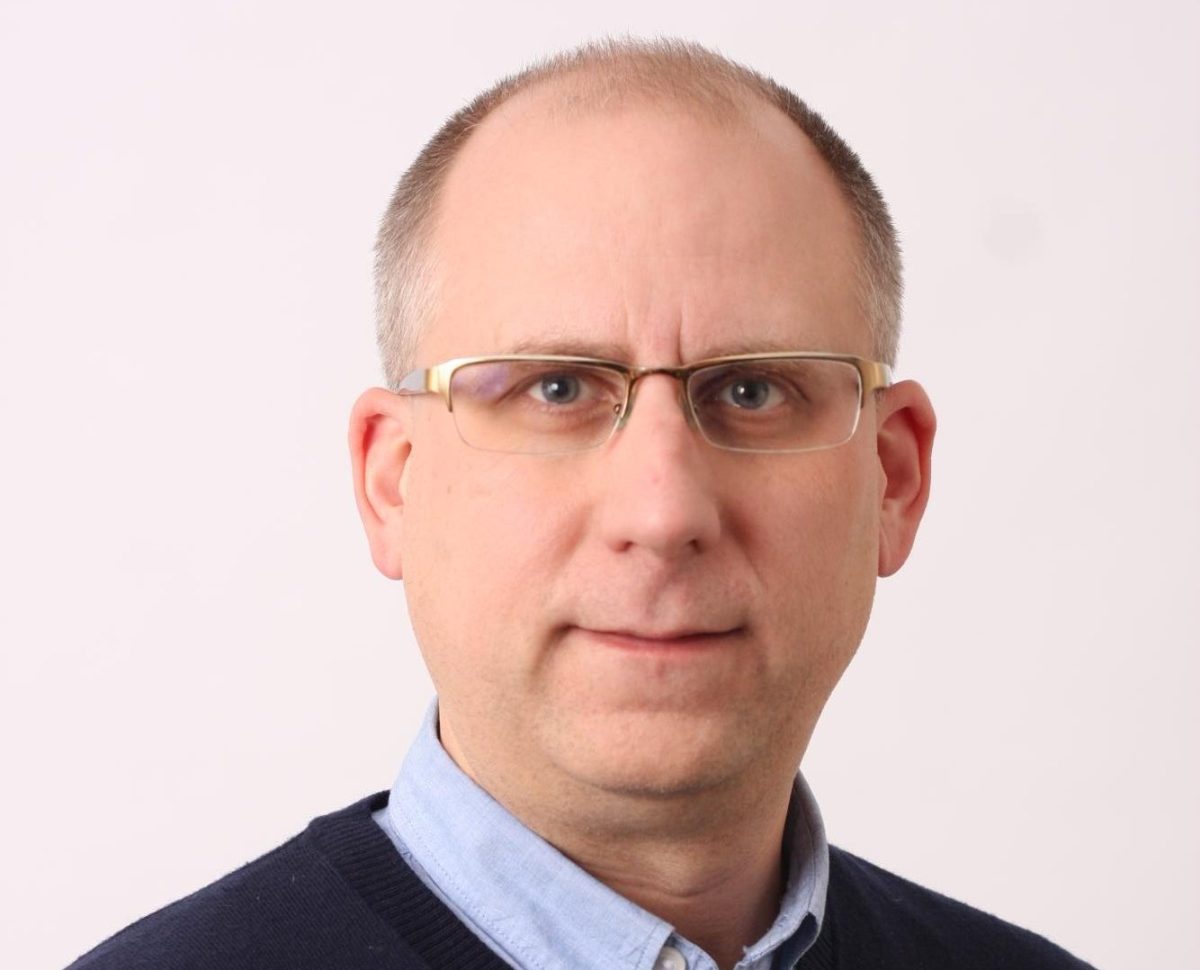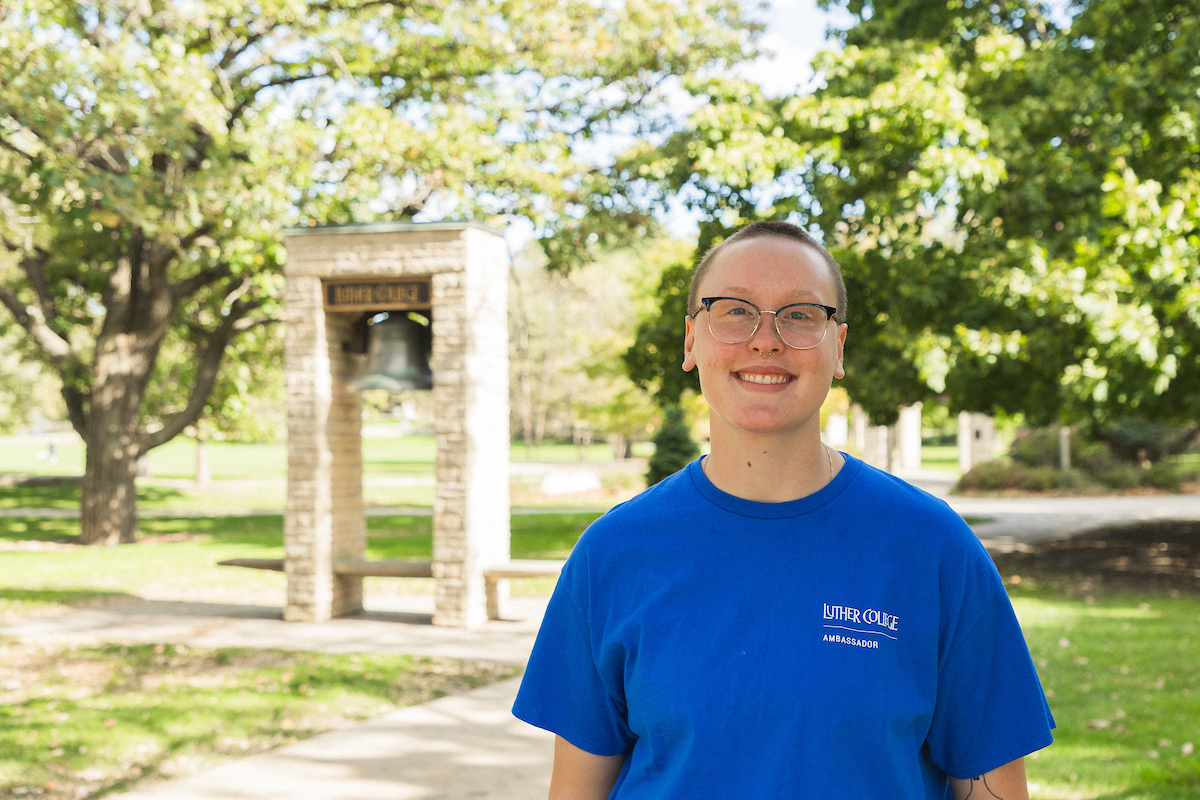Members of the Luther and Decorah communities were given an opportunity to hear experiences of individual Palestinians at “Palestine Perspectives,” a panel discussion hosted by the Center for Ethics and Public Engagement (CEPE) on November 29.
The panel was held in the Mott-Borlaug room of Dahl Centennial Union. It consisted of current students Rawan Hannoon (‘25) and Nagham Boulos (‘26), Adjunct Faculty in Computer Science Ahmed Khalili (‘10) and Program Director for Arab and Middle Eastern Ministries at ELCA Khader Khalilia, all of whom are Palestinian. They were joined by non-Palestinian current student Tallulah Campbell (‘24) who previously worked with the Kids for Peace program, and non-Palestinian alum Samantha Ea (‘16) who previously taught English in Palestine.
Each member of the panel was given time to share stories, statistics and opinions connected to their personal perspective of the ongoing Palestine-Israel conflict. Panelists then had a roundtable discussion with each other, followed by a question and answer period with attendees. answering questions from attendees.
Multiple panelists criticized western media coverage of Palestine and Israel. Khalili specifically compared coverage between CNN and Al Jazeera, saying that the networks were producing “two different narratives.” He also expressed frustration that media attention was primarily focused on the political group Hamas and discussions of terrorism, rather than the history of violence by Israeli-led forces towards Palestinians.
“15,000 people were killed, and the camera still points this way, and it asks one question: ‘Do you condemn Hamas?’” Khalili said. “Do I care to condemn Hamas? Why do you put me in such a situation where I have to defend Hamas? I’m not Hamas. Talk about the Palestinian people. Talk about [the] West Bank.”
Khalilia, a Palestinian-American ELCA pastor, joined the panel over Zoom from New York. He talked about Israeli military propaganda, United States government funding of Israel, and the influence of racism on comparing Israeli and Palestinian suffering. Khalilia pointed out that Israel’s actions in Gaza are being justified as retaliation by western government and media. However, Palestinian response to Israeli occupation is being criticized, despite the multiple decades of “violence, bombings, economic and psychological devastation” that Palestinians have experienced.
“If you find yourself tonight outraged at the Hamas atrocities against civilians, but have been or remained indifferent at the continuous and incensed Israeli assault on the Palestinian people, then please [stop] and question the reason for your reaction,” Khalilia said. “It is reasonable to be outraged by the pain and suffering in Israel. But ask yourself: why [haven’t you] had that response to Palestinian suffering?”
Ea, also joining over Zoom, told multiple stories from her time living in Palestine after graduating from Luther. While she went to Palestine to teach English to students, Ea said that she was “actually the student.” She also said that she witnessed firsthand “what the occupation looks like for a Palestinian” in their daily life.
“If my student was late to school that day I would hear why he was late, because he had to go through a checkpoint, because he was held at the checkpoint because of the barriers,” Ea said. “I was there for about ten months; when I got back to the U.S. I was really angry. I realized that we don’t learn a lot about [Israeli occupation] in the West, and I had a fire lit under me to share my experience”
During the ten minutes for roundtable discussion, Hannoon asked Campbell about their time in the Kids4Peace program, an interfaith youth movement group with over 500 programs in Jerusalem, North America and Europe. Campbell explained that they ended up leaving the organization due to feeling that their peers were continuing to hold problematic beliefs “so strongly in the face of seeing that they were wrong.” Campbell further explained that the Kids4Peace encouraged this behavior, which they called an “incredibly disheartening” experience.
“I saw firsthand that it’s very easy to weaponize peace talks, to weaponize dialogue, to weaponize this idea that ‘we’re all in this together’ to keep people who are oppressed silent,” Campbell said. “I think my particular experience has shown how [dialogue] can be part of the violence enacted against Palestinians, more than anything.”
A ten-minute question and answer session concluded the panel. The panelists were asked for their opinion on Luther’s institutional response to the conflict, and if they believed the College was giving enough support to Luther students, alums, families, and community members who are affected. Khalili pointed out that while Luther cannot directly solve the conflict, they can provide opportunities for education and discussion similar to the panel — but he also acknowledged the influence of potentially being labeled as anti-semitic, and said he personally believes the panel was happening “50 days too late.” Campbell also commented on the question and provided their opinion on if they believed Luther’s current response was enough.
“To answer [the] question in the most direct way possible, absolutely not,” Campbell said. “I don’t know if there’s much more to say about that, except that there has been no official statements, although we have talked about how that’s better than a statement if a statement was, you know, not well done. There has been incredible amounts of pushback to any actions that [Hanoon] and the rest of us have tried to take. It’s been difficult.”
The panelists suggested that those looking for resources about what’s happening in Palestine can look at a “Palestine master document” created by Hannoon, Campbell, Boulos, and Leen Zaher (‘26). The document contains a historical timeline and a diagram of Palestinian loss of land from 1946-2011, as well as books, videos, social media accounts, and other resources. Khalili also suggested using Al Jazeera’s live tracker, which has been updated frequently since October 7. Additionally, First Year Experience Librarian Germano Streese has created a research guide on the Palestine-Israel conflict that can be found at guides.luther.edu/Palestine-Israel-Conflict.
“Palestine Perspectives” Panel Highlights Palestinian Experiences
Current students, faculty and alums encouraged others to access broader media coverage and to increase their knowledge about the history of violence in the region.
From left to right: Tallulah Campbell (‘24), Rawan Hannoon (‘25), Nagham Boulos (‘26) and Ahmed Khalili (‘10). On Zoom: Samantha Ea (‘16) and Khader Khalilia.
2
More to Discover

